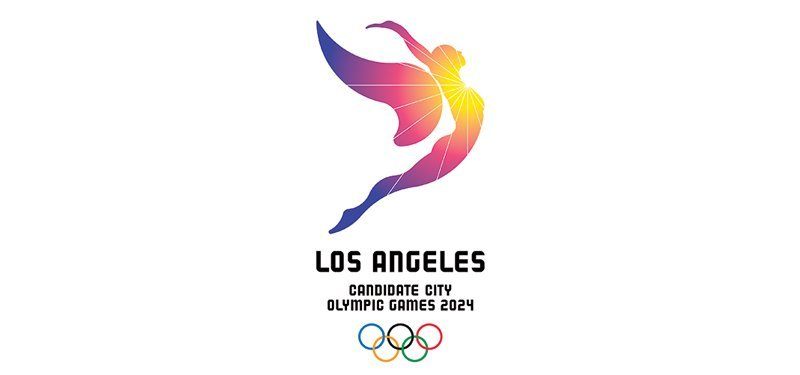Courtesy of Reid Carlson
Long before athletes may vie for gold medals and world records at the Olympic Games, cities the world over compete for the privilege of hosting the world’s most prestigious athletic competition. Tokyo will host the 2020 Summer Olympics, and less than one year from now Pyeongchang, South Korea will host the 2018 Winter Olympics. The 2022 Winter Olympics have also already been awarded to Beijing, China. Bidding for the 2024 Summer Games remains contentious: both Los Angeles and Paris want the honor of hosting the Games of the XXXIII Modern Olympiad. The California Legislative Analyst Office (LAO)recently released a report in favor of the LA 2024 Olympic and Paralympic Games bid, calling it a “low-risk and fiscally responsible” plan.
It is widely known that hosting the Olympics is a major investment that doesn’t always pay off. The cost of hosting the Olympics was the primary motivation behind Budapest’s withdrawal from the bid for 2024, pursuant a large-scale petition. Following the attention that has been given to Olympic finances–especially since Rio–LA, Paris, and the IOC are taking an especially high level of care to make sure citizens are in favor of hosting the Games and the cities do not make unnecessary investments to host the Games, as the LAO report details.
At present, the Rams/Chargers Football Stadium and the LA Football Club Stadium are the only uncompleted venues slated to be used during the 2024 Games, and those venues are not intended exclusively for the Games and are being built regardless of the IOC’s decision. The report claims the LAO can “play a constructive role in making the Games a success and keeping its financial risks low,” as well as ensuring a $250 million financial guarantee from the State of California will never “need to be paid from the state treasury.”
The budget also includes a “10 Percent Contingency Fund” which equals 10.1% of the budget expenditures to host the Games. Per the report:
“The LA 2024 budget plan includes a contingency fund of $488 million (2016 dollars)—equal to 10.1 percent of budgeted expenditures to host the Games. In 2024 dollars, this amount equals $567 million. The plan is for this contingency fund to be divided into two pots of money: an ‘allocated contingency’ of $250 million governed under the terms of LA 2024’s MOU (memorandum of understanding) with the city and a flexible ‘unallocated contingency’ for the rest of the contingency account. Under the MOU, the allocated contingency could only be used to cover Games budget shortfalls with the city government’s written consent, which may not be ‘unreasonably withheld, conditioned, or delayed.’”
Paris intends to build a new Olympic Village, whereas LA will use existing residential facilities at UCLA. LA would also purchase an “unprecedented set of insurance policies” to cover certain financial risks. LA 2024 will be required to maintain those insurance policies “in accordance with prudent commercial best practices,” including policies to protect against natural disasters, terrorism, or event cancellation, as well as provisions for reduced ticket sales in case the events “become less appealing.” The city of Los Angeles and the state of California must also be listed as “ additional insured” parties on these policies.
Additionally, LA boasts one of the world’s leading anti-doping facilities in the UCLA Olympic Analytical Laboratory. Per the report, the UCLA Olympic Analytical Laboratory is “the world’s largest World Anti-Doping Agency (WADA) accredited sports testing facility. Just a few miles from the planned Olympic Village, this UCLA facility would be the anti-doping lab for the Los Angeles Games. WADA standards require strict sample collection and processing standards that the UCLA lab is well positioned to meet.”
For decades, host cities and nations have criticized and been criticized for investing massive amounts of money into the construction of Olympic venues that usually go unused or fall into disrepair when the Games conclude. Rio de Janeiro, Brazil, host of last summer’s 2016 Olympic Games, is already experiencing neglect, less than one year after the Game’s finish. Athens, Greece, host of the 2004 Summer Olympics, is another black eye on the legacy of the Modern Olympic Games. As Tom Gerencer writing for Moneynation.com put it, hosting the Olympics is “about as profitable as a restaurant,” meaning that most extra money spent on the Olympics is lost. Rio, for example, went $1.6 billion over budget in preparation for the Olympics. Los Angeles is banking on the success of the 1932 and 1984 Olympic Games, both of which took place in LA, and is doing its best to demonstrate that it will not repeat the mistakes previous hosts have made.
The full LAO report can be found here.

Leave a Reply